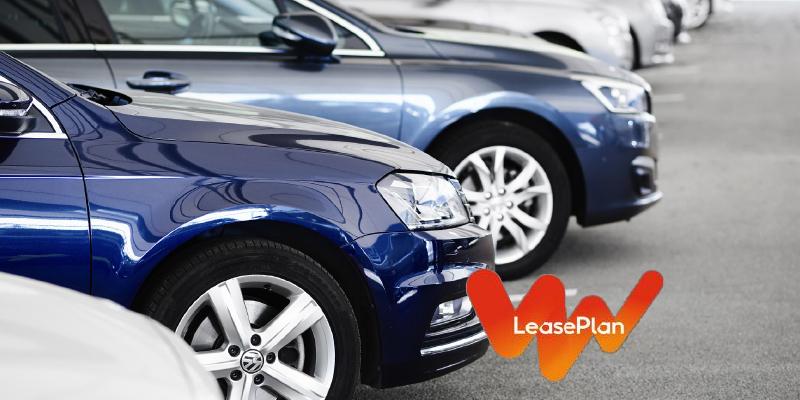It is a rare small business that can buy vehicles outright without some financing. So, whether you buy or lease vehicles, you will need some help to finance your vehicles. But how does leasing stack up against other vehicle financing options?
Financing options
When we talk financing options, we mean ways to fund the purchase of the car. These options mean your repayments are covering 100% of the car purchase cost, plus interest.
Financing the purchase out of working capital – less cash is available, and your business might feel the squeeze as money will then be tied up in depreciating assets.
Car dealership financing – essentially a hire purchase agreement, so make sure you understand exactly how much you will pay over the term (fees and charges can add up).
A bank loan secured against your home – rates might look attractive, but you might end up paying way too much over time as the loan gets lost in your bigger mortgage commitment - a higher interest rate over a shorter period will likely cost you a lot less.
A bank or finance company business loan – how this compares to other options will depend on comparative interest rates, warranties offered, servicing included (if any), insurance costs, etc.
Leasing options
With leasing, you are not funding the full cost of a vehicle. Your finance costs are only for your use. They are based on your lease term and anticipated depreciation - with an end of term residual value.
A good leasing company can also find a better price for your vehicle if they buy a lot of those vehicles - this gives the leasing company buying power, which a one or two vehicle buyer would not have.
LeasePlan can include everything from insurance, RUCs management, FBT services, as well as the essentials like service and repairs, fuel, tyres, etc.
Bundling costs in a lease like this, helps you reduce your risk on depreciating assets and better manage the true Total Cost of Ownership of your business vehicles.
You have two types of leases to consider:
Operating lease – the most popular B2B car lease option - it gives you access to a vehicle for the duration of the lease, for which you pay a monthly lease payment. The certainty about these payments makes budgeting for vehicle costs easy. And the vehicle is returned at the end of the lease, removing any risk for you on the value of the asset at the end of the term, and any hassle or uncertainty around replacing it.
Finance lease – this will see you making monthly payments for the term of the lease. Once the lease is “up”, you have options. You can return the vehicle and lease another vehicle. You can purchase it for a price that reflects it diminished value, or you can enter into a new lease for the same vehicle based on that vehicle’s “residual value”. Remember, the residual value is your responsibility at the end of the term in a finance lease - not the lessor’s.
LeasePlan always advises that you seek expert advice when working through a vehicle funding decision process. And they can help you with information and answers to your questions.
Talk to LeasePlan to tap into a world of vehicle leasing experience.
Keep up with LeasePlan’s Kiwi insights at www.drivinginsights.co.nz
See the latest special deals on popular lease vehicles here www.leaseplan.co.nz/small-fleet/specials






